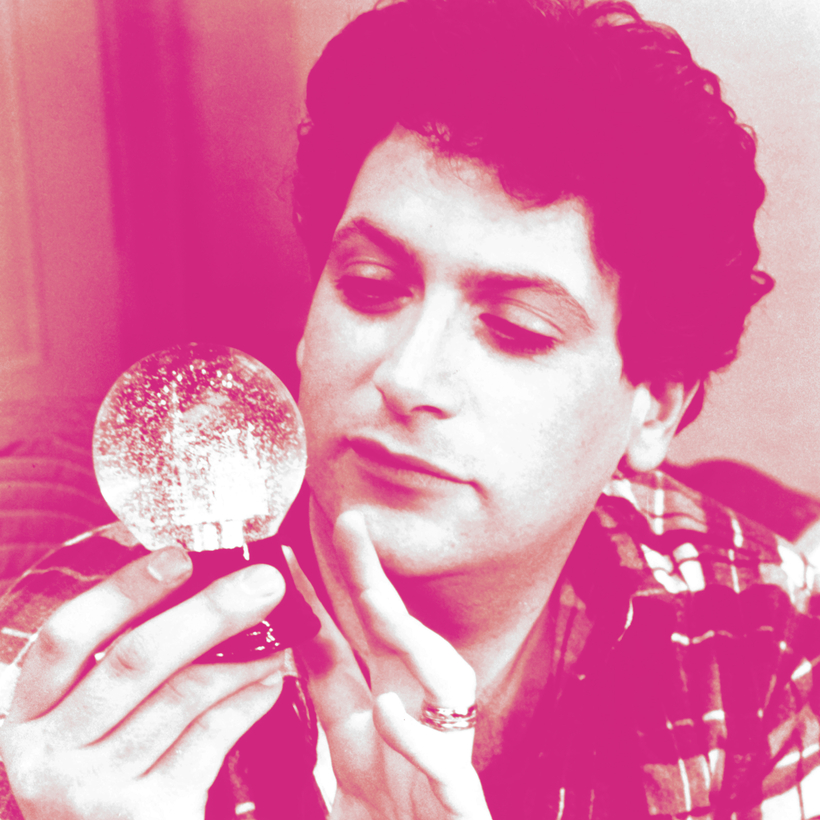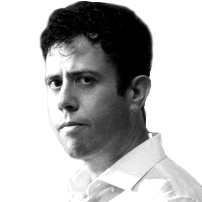Harvey Fierstein is one of the Great Gays. Born before the Stonewall uprising—when homosexuals were diagnosed as mentally ill by the medical profession, condemned as morally degenerate by organized religion, their very existence declared illegal by the state—these trailblazing men and women courageously endured adversity, stigma, and a devastating plague, enriching American arts and letters far out of proportion to their relatively small number.
Among those of us born to later generations, it’s become increasingly difficult to remember that such a time ever existed, largely because there’s never been a better moment to be gay in America than now, a happy set of circumstances for which we have Great Gays such as Fierstein to thank.

To get a glimpse of what that time was like, watch the interview Barbara Walters conducted with Fierstein for 20/20 in 1983, available on YouTube. At 29, Fierstein was the hottest thing on Broadway. Torch Song Trilogy, the semi-autobiographical collection of one-act plays he wrote and starred in, had become the first financially successful Broadway production to feature an openly gay lead and theme, and would earn Fierstein two Tony Awards, for Best Play and Best Actor in a Play.
Meanwhile, a few blocks away, La Cage aux Folles, the musical adaptation of a 1973 French play about a gay couple (one of them a female impersonator) operating a drag bar in St. Tropez, and for which Fierstein wrote the book, was on its way to similar commercial and critical success. At the following year’s Tonys, it would win Best Musical and Best Book of a Musical.
It seems incredible today—when an openly gay man can mount a credible campaign for the presidency, when Gallup reports that the number of Americans who identify as other than heterosexual has doubled over the past 10 years—that such a scenario would have been considered incredible, and on Broadway of all places. But as Fierstein recounts in his heartfelt and dishy new memoir, I Was Better Last Night, “What’s run-of-the-mill today was run-for-the-hills back then.”
In their interview, Walters approaches Fierstein like a colonial explorer discovering a lost African tribe. “What’s it like to be a homosexual?” she asks him (a question she could have posed to her friend Roy Cohn, for whom she served for many years as a beard).

“What’s it like being a heterosexual?” an incredulous Fierstein responds in his singular rasp, what a reviewer for The New York Times once referred to as a “gay Proustian madeleine.” “I don’t know. I am just a person. I assume everyone is gay unless told otherwise.”
Bensonhurst to Broadway
Such contentment with his sexual orientation was evident from a young age. Growing up in Bensonhurst, Brooklyn, in the 50s and 60s, “it never occurred” to Fierstein that he “wouldn’t meet someone, fall in love, settle down in a home (not on Staten Island), and maybe even adopt some kids.” This was a remarkably optimistic attitude for a gay teenager to adopt, one that our narrator would be temporarily disabused of, ironically, thanks to his eventual calling: the theater.
Severe dyslexia drew Fierstein to play scripts, “books with all of that wordy description crap excised beyond a few necessary stage directions.” Alas, the depiction of people like him in shows such as Suddenly Last Summer, A Taste of Honey, and The Boys in the Band was not encouraging. “It was only my gradual exposure to the wider world that showed me gays as sad, lonely, self-loathing victims,” he writes.
Fierstein set out to change that. Beginning with Torch Song Trilogy, which he wrote while on unemployment (and whose first Broadway cast included Matthew Broderick as the adopted gay son of Fierstein’s drag-queen alter ego, Arnold, and, in the role of Arnold’s mother, an aspiring, nearly 60-year-old actress named Estelle Getty), his oeuvre did something radical: humanize homosexuals.

The play opens with a scene depicting an activity that straight audiences assumed to be integral to gay life—an anonymous sexual encounter in the darkened back room of a bar. Inspired by Fierstein’s own post-Stonewall adventures inside the empty truck trailers that used to be parked at the piers along the West Side Highway (a cruisy setting recently immortalized in the Netflix biopic Halston, about another Great Gay), the impersonal nature of these fleeting experiences leaves Arnold wanting something more—the deep and lasting love of a partner and a family.
Fierstein’s musings about the deeper meanings of his work is generously peppered with gossip about his celebrity friends and acquaintances. “No sorority girl ever enjoyed dismissing outsiders more than he did,” Fierstein remembers of Arthur Laurents, the Broadway legend who directed La Cage aux Folles. On attempting to persuade Madonna to play the role of a drag queen: “Everyone’s already seen your pussy. It’s time to show them your dick.”
“What’s run-of-the-mill today was run-for-the-hills back then.”
Fierstein hilariously recounts the time he was mistaken by Gore Vidal for the pianist Michael Feinstein, complimenting James Taylor on his penis upon exiting the hot tub at Canyon Ranch Spa, and improvising a skit with his Mrs. Doubtfire co-star Robin Williams in which Williams played a Chihuahua and Fierstein a Spanish actress. Joining Joan Rivers for lunch one day, Fierstein apologizes for toting around a box containing the ashes of a friend who died from AIDS, prompting Rivers to pull out a small tin from her purse. “I never go anywhere without a little bit of Edgar,” she says of her late husband, who committed suicide.
Fierstein has so many credits to his name, and so many wonderful stories to tell, that he cannot possibly fit them all into this highly readable, nearly 365-page book. His role as Edna Turnblad in Hairspray ranks with Gypsy Rose Lee as one of the most memorable female musical characters of all time. He wrote the books for Kinky Boots and, on a lark, for Newsies, for which he earned, respectively, a Tony Award and a Tony nomination.

While recording a voice for the animated feature Mulan, Fierstein pitched Disney executives an adaptation of the fairy tale “The Snow Queen,” which they ultimately rejected. Years later, however, it became the basis for Frozen, the most successful Disney franchise of all time. (Fierstein didn’t get any credit.) He doesn’t even mention the Emmy-nominated role he played on Cheers.
Writing of a closeted gay character in the musical A Catered Affair (for which he wrote the book, naturally), set during the 50s, Fierstein provides one of the most apt descriptions of the social status once afforded to the homosexual that I have ever come across: “He is a guest in his own family’s life.” This characterization takes on a poignant significance when Fierstein reveals his own painful coming-out story at the end of the book.
Gazing at the Broadway marquee for the 2018 revival of Torch Song Trilogy, Fierstein recalls the conversation he overheard as a young boy among his neighbors in Bensonhurst about the ingénue whose Jewish surname, they were convinced, would prevent her rise to stardom. Reflecting on the career of Barbra Streisand more than 50 years later, Fierstein can still not believe how far he—and, truly, we—have come.
“Look at you, Mr. Big Shot, on a Broadway marquee! You got your name in lights, a star on the Hollywood Walk of Fame, and your bunny slippers in the Smithsonian goddamn Institution,” he marvels. “Not bad for a fat cocksucking drag queen from Bensonhurst.” Not bad at all.

James Kirchick is a contributor to AIR MAIL and the author of The End of Europe: Dictators, Demagogues, and the Coming Dark Age. His next book, Secret City: The Hidden History of Gay Washington, will be published in late May

